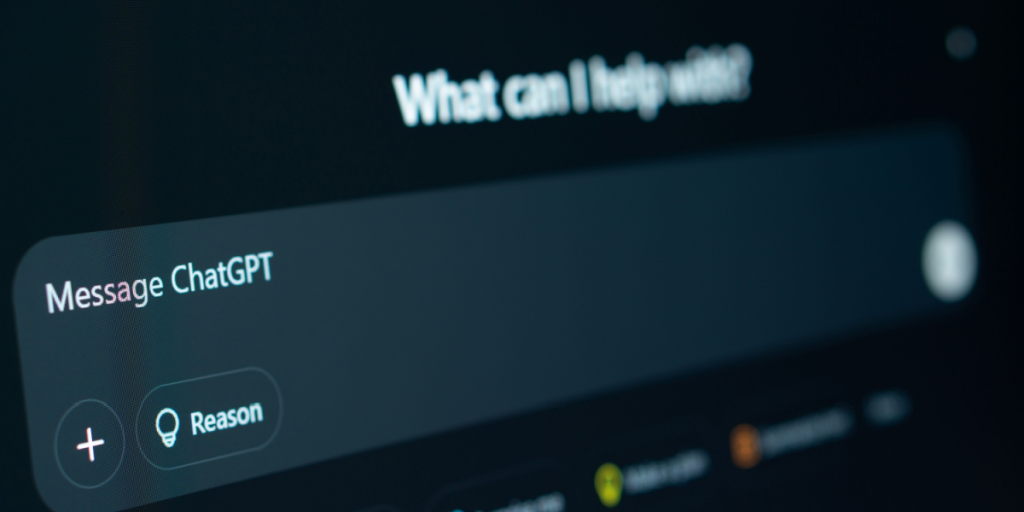A large-scale study shows that most ChatGPT use is personal, not professional. Work-related queries now make up only 30% of total conversations.
Others are reading now
A large-scale study shows that most ChatGPT use is personal, not professional. Work-related queries now make up only 30% of total conversations.
Inside the Landmark Study
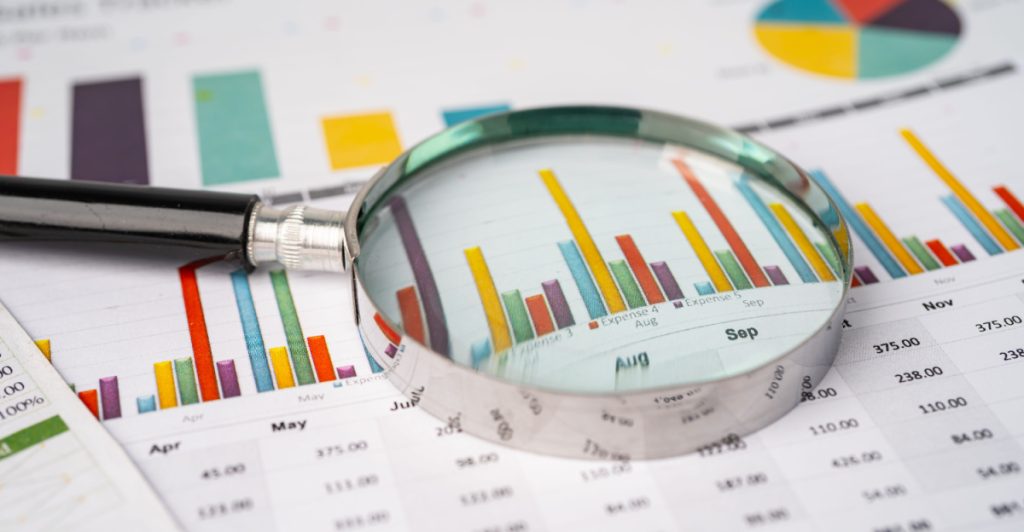
Conducted by the National Bureau of Economic Research, OpenAI’s Economics Research Team, and Harvard economist David Deming, the study analyzed 1.5 million ChatGPT conversations from late 2022 to mid-2025.
Personal Tasks Take the Lead
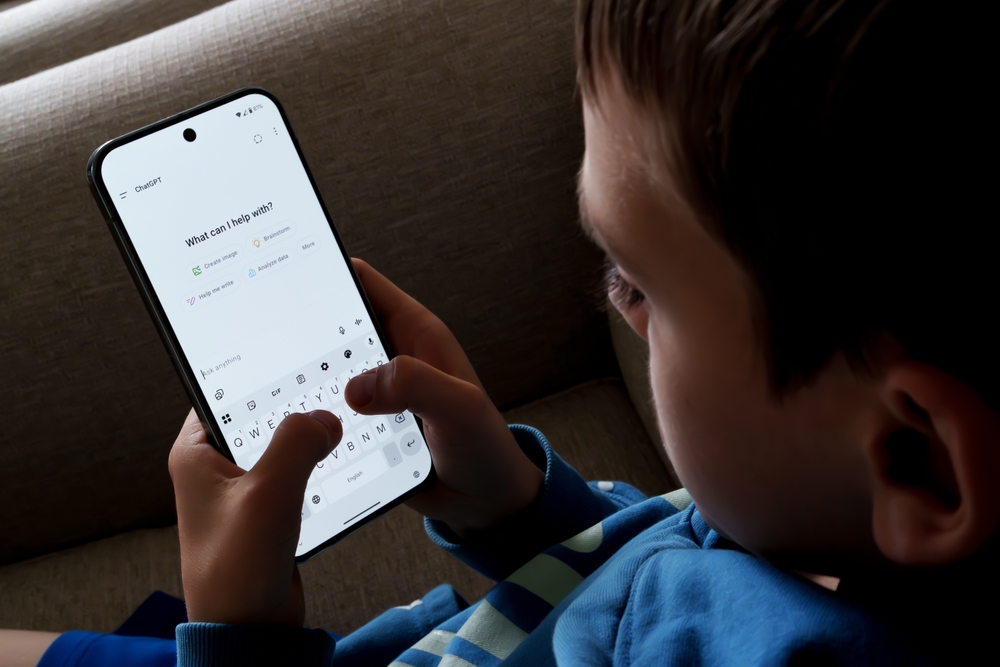
Early adopters leaned toward work queries, but today more than 70% of conversations are for everyday personal use — leaving only 30% tied to workplace needs.
What People Really Ask ChatGPT
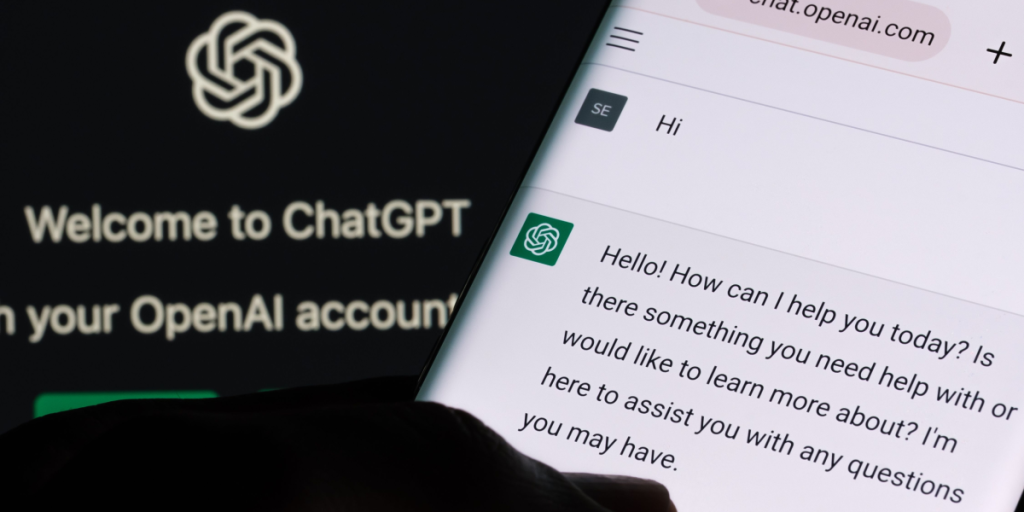
Three-quarters of chats revolve around practical guidance, information searches, and writing. Together, these everyday uses dominate nearly 80% of activity.
Closing the Gender Gap

The study found that ChatGPT is now used equally by men and women, a shift from its early days when users were predominantly male.
Also read
Writing Tops the Work Requests
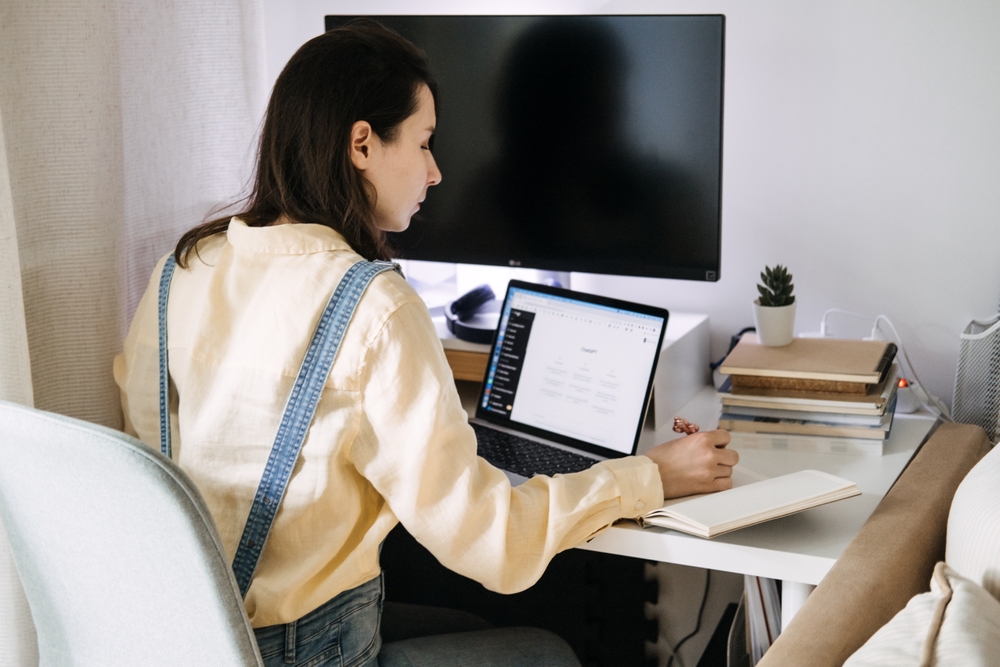
Among professional uses, writing is by far the most common. It represents 40% of work-related conversations, underscoring AI’s role in drafting and editing.
Beyond Traditional Economics
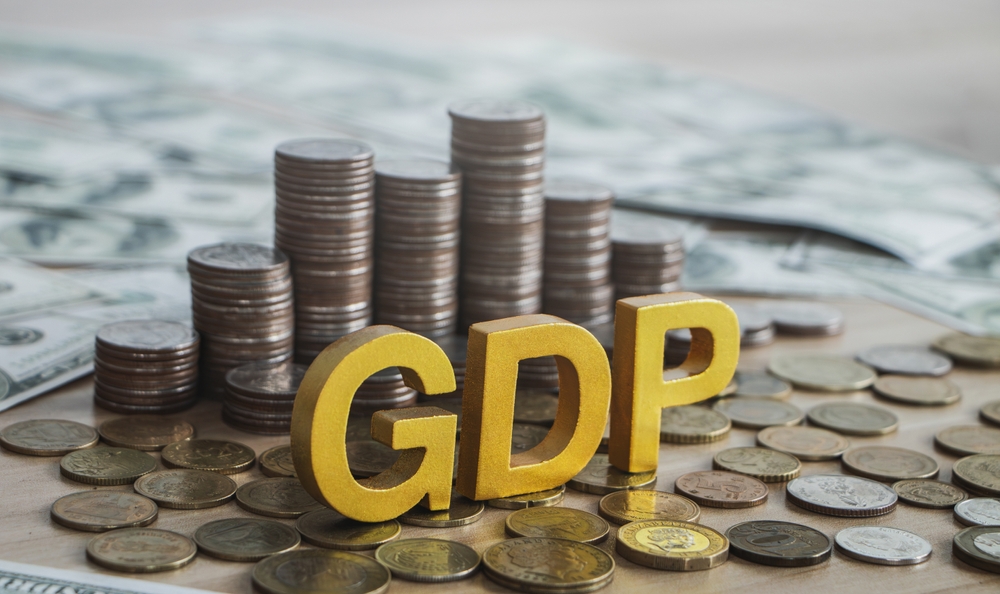
OpenAI notes that ChatGPT boosts productivity and adds personal value in ways traditional measures like GDP can’t fully capture.
A Tool With Two Faces
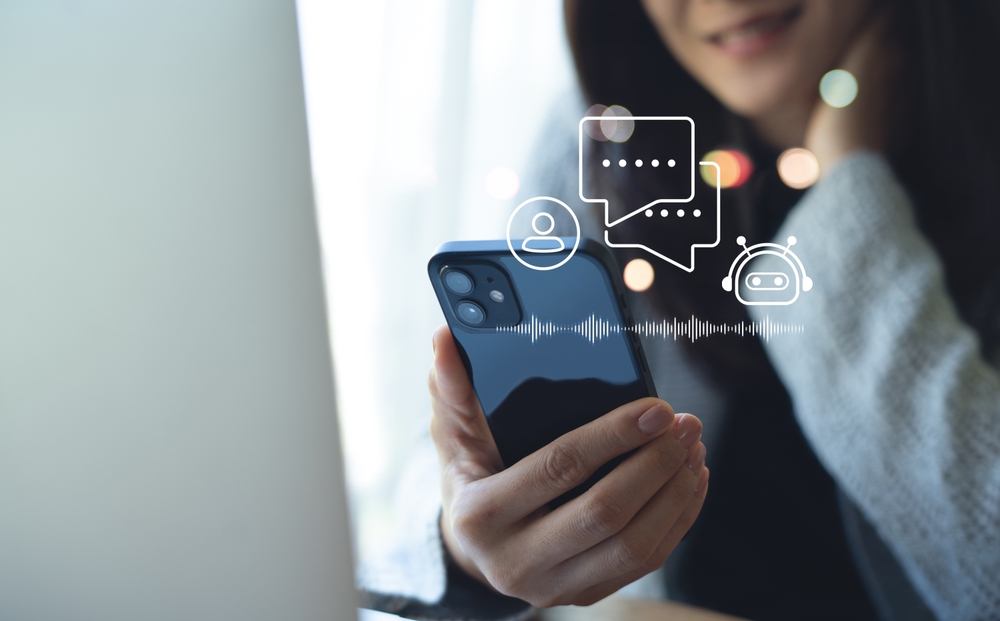
The chatbot now serves a dual role: streamlining office work while also stepping in to handle everyday personal tasks.

